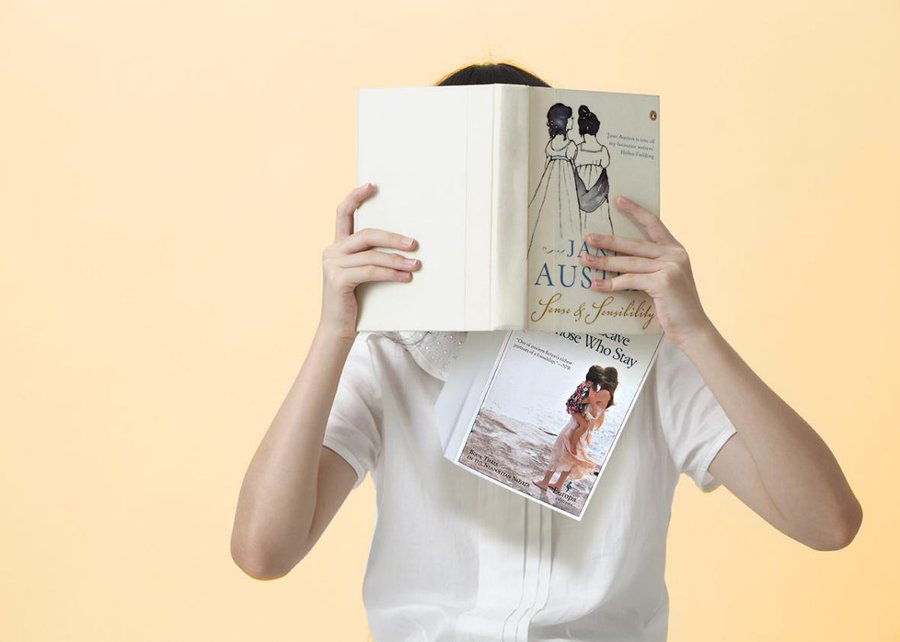How Jane Austen Helped Inspire Elena Ferrante’s Disappearing Act

By Nora Caplan-Bricker
Elena Ferrante—the mysterious Italian writer whose Neapolitan novels have captivated the literary world with their portrait of a lifelong female friendship—has been asked many times why she keeps her identity private. She has responded with many variations on the answer that she gave Vanity Fair this summer: “My books increasingly demonstrate their independence … for those who love literature, the books are enough.”
Ferrante, who publishes pseudonymously and does not tour to promote her books, has always hinted at practical considerations that guided her decision. She values her privacy and hates the social circus of the literary world. But she has also gestured toward a belief that her “absence” adds a layer to her art. (Ferrante rejects the description of herself as “anonymous” because her books are signed, though with a fabricated name.) As she told the Paris Review, “If the author doesn’t exist outside the text, inside the text she offers herself, consciously adds herself to the story, exerting herself to be truer than she could be in the photos of a Sunday supplement, at a book launch, at a literary festival, in some television broadcast, receiving a literary prize.” In an email exchange with the New York Times, she reiterated, somewhat enigmatically: “The structural absence of the author affects the writing in a way that I’d like to continue to explore.”
Now, we may have gained a key to exactly what Ferrante means from an unexpected source: a new introduction she wrote for a Folio Society edition of Jane Austen’s Sense and Sensibility. When Ferrante fell in love with Austen’s novels in her 20s, she writes, “I was passionate about her anonymity.” The original readers of Sense and Sensibility were told only that it was “by a lady.” Which leads to the central, somewhat magical question of Ferrante’s short piece: “Who wrote Sense and Sensibility? … Was it Jane Austen or, simply, a lady?”


